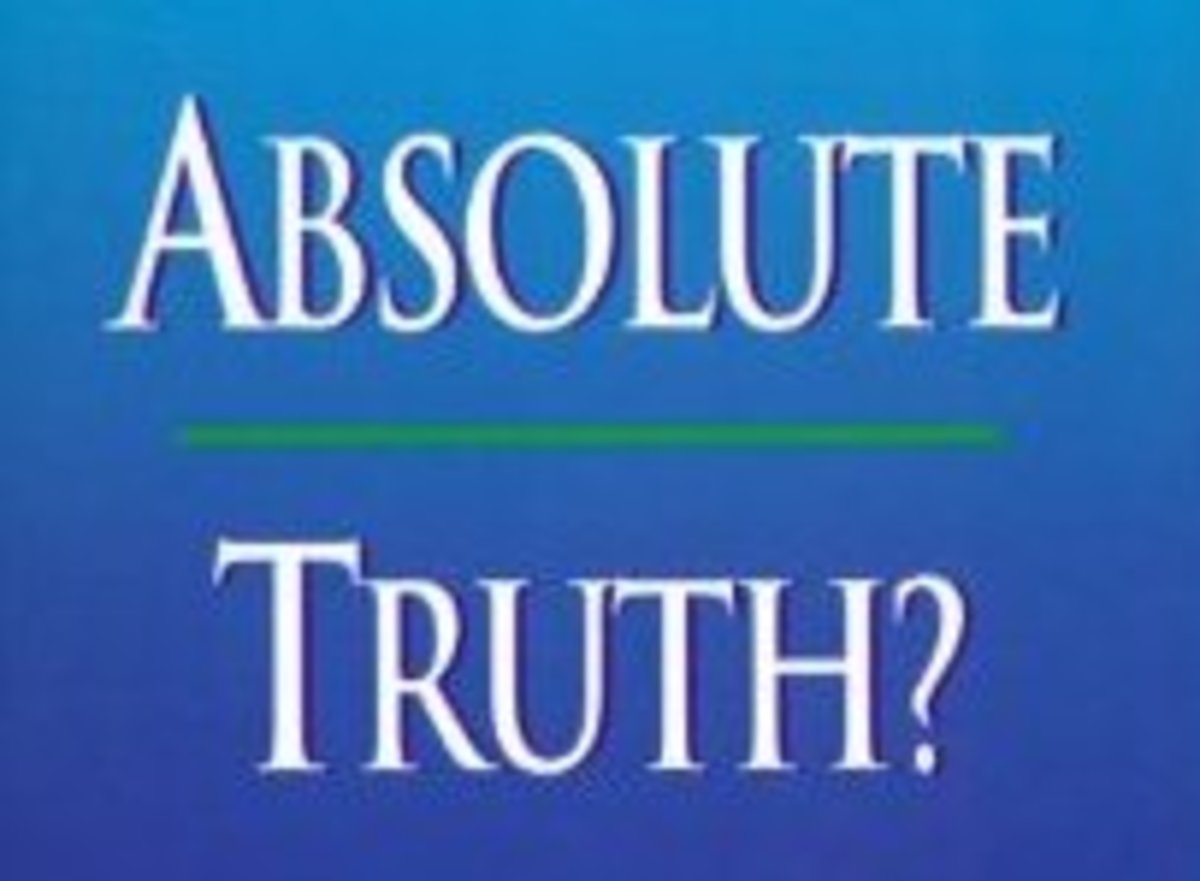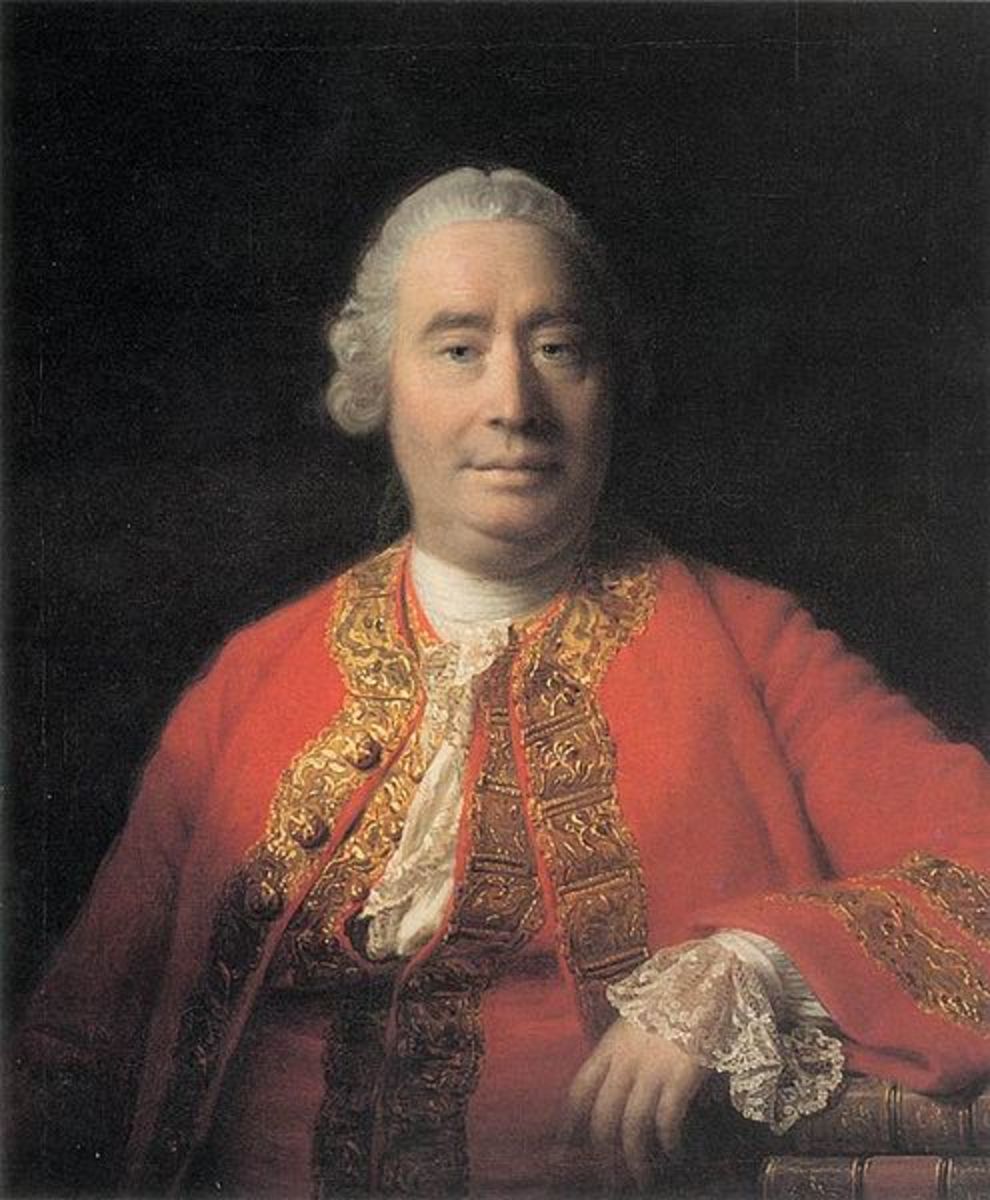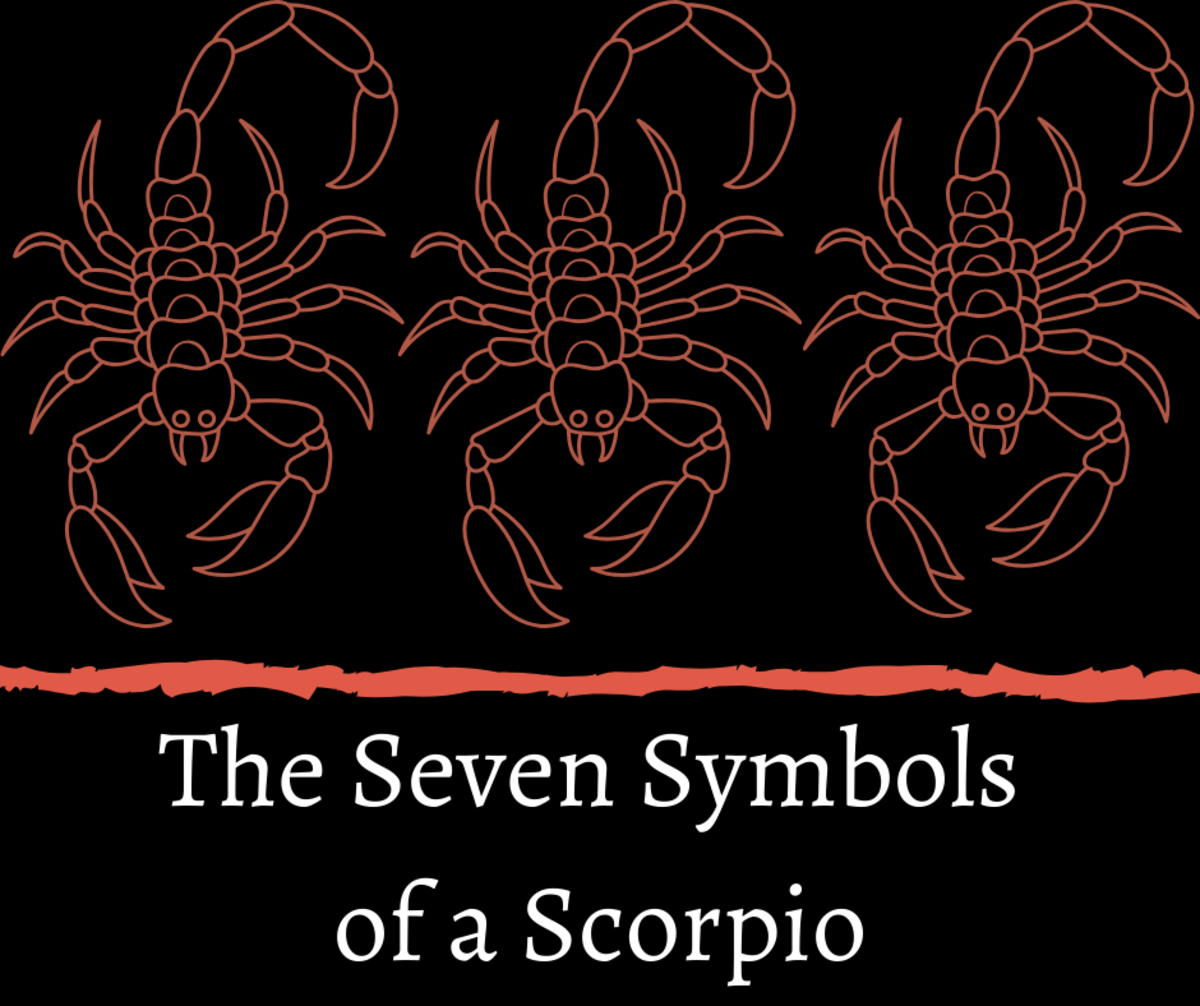Skepticism: Taking the Right Dosage
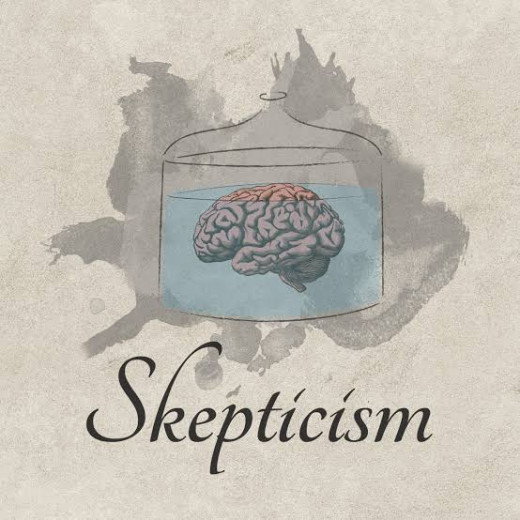
Skepticism is a philosophical theory which holds the claim that it is impossible to know anything as absolutely true. The term “skeptic” comes from the Greek “skeptikos”, which means “inquirers.” The skeptics pride themselves on their ability to inquire into the foundations of our beliefs as well as on having the honesty to face the fact that there are no foundations for them. For them, the prudent approach is always to suspend judgment and assume nothing at all.
Common sense frequently leads us to be sceptical, but this skepticism is not theoretically grounded; it simply asks and demands to be shown evidence before believing. This position is not only commendable but necessary for every thinker and for a true philosopher. However, when we say “skeptical” in philosophical sense, we are referring to those who refuse to accept even the first principle of the understanding, even the very existence of the self, as evident and knowable.
There are two broad kinds of scepticism: total skepticism and partial skepticism. A total skeptic will insist that knowledge is not possible; that there is nothing true and certain about our knowledge claims. However, the position of total skepticism is not feasible because it is self-contradictory. This is so because their claim that knowledge is not possible is itself a claim to knowledge which for them is not true.
The skeptic claims he knows his own position to be true. The question is, how does the skeptic arrive at the certainty of his claim, if knowledge is not certain. We can thus refute total skepticism and show that it is self-refuting. First, the skeptic claim we cannot know anything to be true. To deny that we can know the truth requires a definition of truth. This definition must either be true or false. If the definition is true, then the skeptics know some truths. (The skeptics refute their own claim). If this definition is false, then it is useless in defense of skepticism. (The skeptics’ claim is meaningless, since they have no definition of truth).
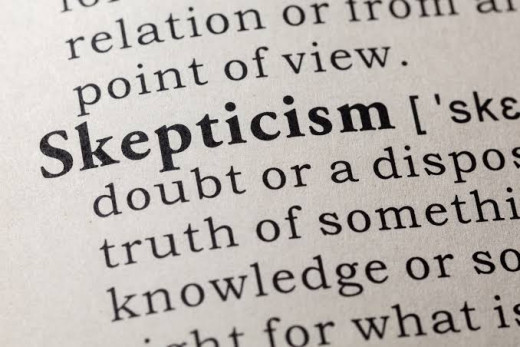
To demonstrate the error of skepticism to the skeptic is impossible because the skeptic refuses to accept the principles which make demonstration possible. It is no use saying to the skeptic, “At least you are certain of one thing, and that is that you are not certain of anything,” or “At least you know that you do not know anything.” All such propositions imply the validity of the principles of non-contradiction, which the skeptic refuses to accept.
It is verbally possible to doubt everything forever. Whether it is actually possible to have a living, real doubt of everything is a deeper question, and to answer it we must penetrate behind the barrier of language. The real problem of skepticism is not whether it is verbally possible to doubt everything but whether it is psychologically possible; whether a human being can actually be what the absolute skeptic says he is. It is not possible to question the sincerity of the person who calls himself a skeptic but it is legitimate to remind him of the difference between a verbal doubt and a real doubt and of what is implied by real doubt.
Real doubt paralyses activity. If you had a real doubt whether or not your food was poisoned you would not eat it. If you had a real doubt of the safety of the elevator you would walk. If you had a real doubt of the destination of your train, you would get out and ask. Of course, if you had a real doubt of everything you would doubt the very existence of the food, of the elevator, of the train. You would also doubt, really doubt, the existence of other people, of your own past, of the immediate future. If a person really doubted all the evidence of his senses and intellect, he would be able only to lift his finger as Aristotle puts it. The absolute skeptic is reduced, in short, to the existence of a vegetable.
This is one check, then, that can be made against the absolute skeptic. Does he really act as though he had a real doubt of everything? For if someone asserts a philosophical position as true, it is legitimate to ask whether he acts in accordance with his asserted philosophy. If they profess absolute skepticism, do they also live in absolute skepticism? Absolute and total skepticism is not a healthy position to maintain either in studies or living.

Genuine or partial skepticism has to do with further inquiry. It moves the propagators of absolute knowledge to examine the truth of their claim. It recognises the fact that no knowledge claim, no matter how sure we are, is free or immune from error. It questions the notion of absolute certitude or certainty. This skepticism helps to balance absolute propositions with the uncertainty of the world and our claims to knowledge. This type of skepticism is healthy and important to knowledge disciplines and life.
Genuine skepticism have a prominent place in philosophy and other disciplines. Skepticism of all varieties makes philosophy self-critical and keeps it honest and free from dogmatism. It is the conqueror of total skepticism and the scrutiny of dogmatism and all absolutes. As it helps to remind us that we cannot be too certain of our claims, genuine skepticism also encourages the quest and desire for the truth.
The presence of skepticism in philosophy encourages a massive development of systematic philosophy. Systematic scepticism started with Thales and continued through Pyrroh, Sextus Empiricus, the Sophists, and then René Descartes who is regarded as a partial sceptic. The sophist Protagoras, sensing the uncertainty in things and lack of absolute criteria, concludes that man is the measure of all things, of things that are, that they are, and of things that are not, that they are not; man determines everything. It should be noted that whenever philosophy is getting into dogmatism, a claim that its truths are incorrigible, it needs scepticism to save it.
Human reason has been said to be sufficient enough to attain all truths. Some philosophers have pushed it far to assert that any truth that reason cannot attain cannot be said to be real. This position is a direct attack on religion and religious truths. Thus, some religious philosophers found scepticism a helpful critique of the pretensions of human reason, renouncing its claim to assenting all truths. Since reason cannot lay a claim to complete truth, it thus cannot answer all our questions, thus we are driven by faith and revelation to attain the truths reason cannot decipher and to get answers to the questions we seek.

